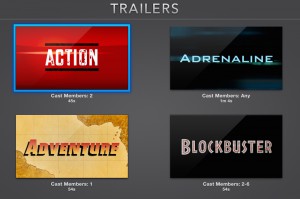When the Homo Naledi discovery was announced I was excited to see that the initial publication was in an open access journal, eLife. In fact to me this was a huge relief for, now that my adjunct teaching days are done and I am gainfully employed in the museum sector, I no longer have access to journals through a university library. (But, then again, I won’t have to rewrite my human evolution lecture. So there’s that.)
One day at work I decided to abstain from my usual time wasting behaviors of Facebook and reading the comments section of the Washington Post, and instead invest my downtime in reading the Naledi piece. Look at me! I’m reading an article for fun! Truly this is one of the most liberating experiences of being outside the academy: now I read scholarship for pleasure.
I was proud of myself for making it all the way to the end, feeling like I got it. Okay, so I skimmed over some of the anatomy stuff, but not all of it. Nothing I can’t handle with a dictionary nearby. With no one to impress with my studiousness except my fellow librarians (who are all, of course, very studious), I looked forward to sharing a bottle of wine with my wife (a biologist and “real” scientist) and telling her all about the findings. We frequently have animated discussions about human evolution, so it came as a surprise when she didn’t want to talk about Homo Naledi rather what grabbed her attention first was that the authors had chosen to go OA.
Jessica has established herself an open access skeptic in our previous kitchen conversations, which unfolded something like…
Her: So where did they publish? Didn’t you say it was the cover of Nature?
Me: No. Cover of National Geographic. Lee Berger had a NGS Explorer grant.
Her: Where then? Science?
Me: No, they went open access. Something called eLife.
Her: Really?! Wow. But why? *gives side eye*
Continue reading
